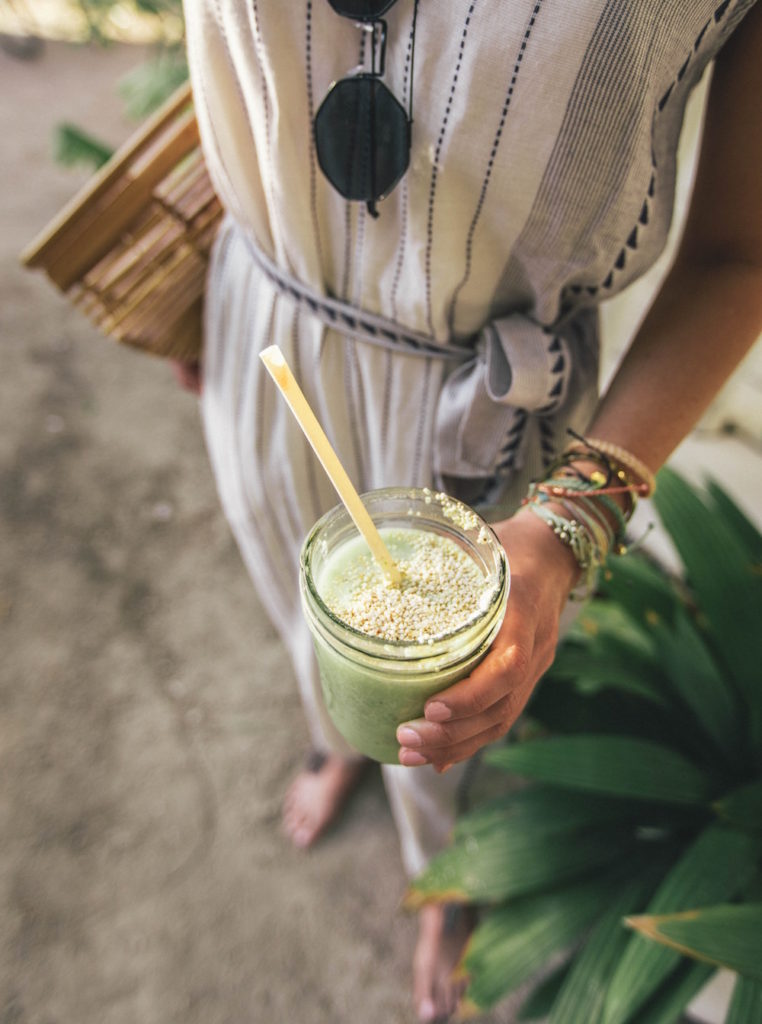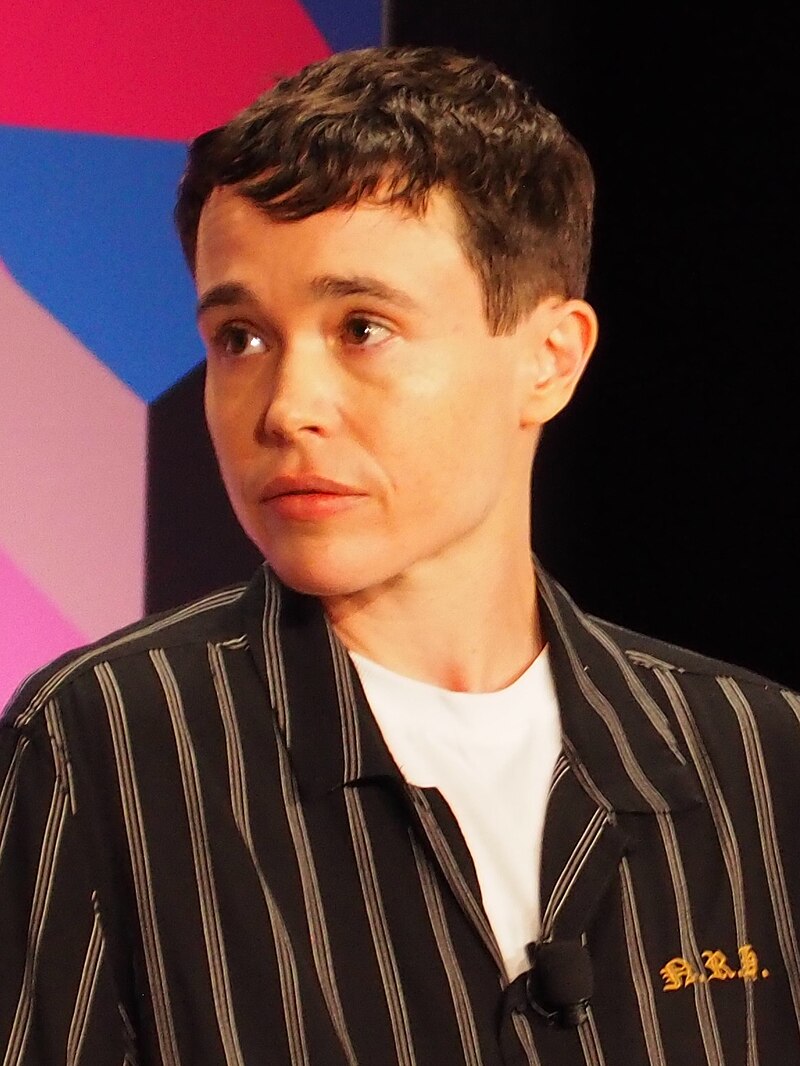At the end of a long day recently, I decided to seek the comfort of Netflix to get my mind off work. Goop Lab popped up at the top: it appealed to me because it felt like working on my self-development to be watching other people work on self-development. Within seconds, the preternaturally well-groomed face of Gwyneth Paltrow purred into my screen:
“When I started Goop in 2008, I was like, my calling is something else besides making out with Matt Damon on screen, or like, whatever.” She was joking, of course, but then the tone turned serious:” To me…it’s optimization of self. We’re here one time, one life, how can we like, milk the shit out of this.”
I watched the rest of the first episode on psychedelics with an open mind. Full disclosure: in my Catholic and Korean upbringing, recreational drugs were viewed as moral anathema. Even after growing up to be an organic, low-plastic, solar-powered vegan in Portland, Oregon—where there is a marijuana dispensary at least every 2 blocks—I’ve always stayed away from drugs of any kind. But this episode still managed to convince me that for some people dealing with trauma, psychedelics might be a legitimate therapeutic modality. An ex-soldier who was struggling with PTSD opened up about banishing suicidal thoughts through psychedelics; a pretty Goop editor sobbed while high, seemingly working through her father’s passing. Given the amount of true evil in this world, I don’t think using illegal psychedelics for trauma or healing is morally reprehensible.
But after watching the full episode, I was left feeling hollow and more spiritually hungry, not quenched and nourished. I was gooped out. It didn’t seem to propose any real solutions except this idea that we can chase our optimization endlessly—poreless skin, toned and limber body, silky French-girl hair, sparkling state of mind, exquisite sex, lively social life supported by a few unbreakable friendships, fantastic career where we are deeply fulfilled and intellectually challenged, but also make enough money to buy organic plant-based collagen powders and boutique hot yoga classes, otherworldly vacations, and a sense of constant growing *but* also staying balanced and calm at the same time (!)…
And if it sounds like I’m poking fun, you only need to notice how quickly I was able to rattle this off to know those are mostly things I try to have in my life, more or less. This constant optimizing of self, “to live the best life you can,” is so typical of the Millennials, and I fit right into the trope. Before I tuned into Goop Lab, I had just finished a normal work day, which involves tending to at least 2 of my 5 paying jobs (PD, nonprofit, art, journalism, and commercial). Like many people of my generation, I want my work to reflect my values, but also to make enough money and succeed in the eyes of the world (and honestly, the eyes of the competitive, high-functioning fellow Millennials). Most of my peers have more than one job, not just to make more money but also to be more engaged and fulfilled. Much of the time, this is indeed how I feel—but often, the honest reaction is to just be overwhelmed.
We Millennials are great at seeking happiness, but we’re not good at being content. We’re great at finding new ways to get better, but not at subtracting for fear that we may lose out on some opportunity. Maybe if we weren’t so intent on “milking the shit out of life,” we would feel a lot better about ourselves. I for one, am weighed down by this impossibility of attaining the ideal me. I get ashamed every time I see someone who looks like she has her life figured out, the person who *actually* drinks a glass of freshly pressed green juice every morning. But maybe, just maybe, it’s not the point to optimize “the shit” out of your life? So then, what is the point?
According to psychologist, bestselling author, and vegan advocate Melanie Joy’s Getting Relationships Right, “Most psychological and spiritual traditions teach that integrity is a barometer of psychological health and emotional maturity and that increasing integrity is a fundamental goal of human development.” She defines two components to acting with integrity: compassion and justice, both toward oneself and others. And this, really, is the crux of why one feels hollowed out watching Goop Lab, not full to the brim with rays of enlightenment. Your optimal physical beauty, career success, health, and well-being are all worthy pursuits, but meaningless if pursued as an end onto themselves. The real meaningfulness of our lives comes from developing our integrity, or acting in line with our fundamental human values of compassion and justice. There is no finish line to optimization—you can always improve something, which creates a cycle of discontent. But when you practice integrity, you are whole—incomparable to anyone else and complete in your worth.
Also see: Why Millennials Are So Into Tarot—& The Consequences May Surprise You
__
Photo: Netflix; Roberto Nickson on Unsplash





